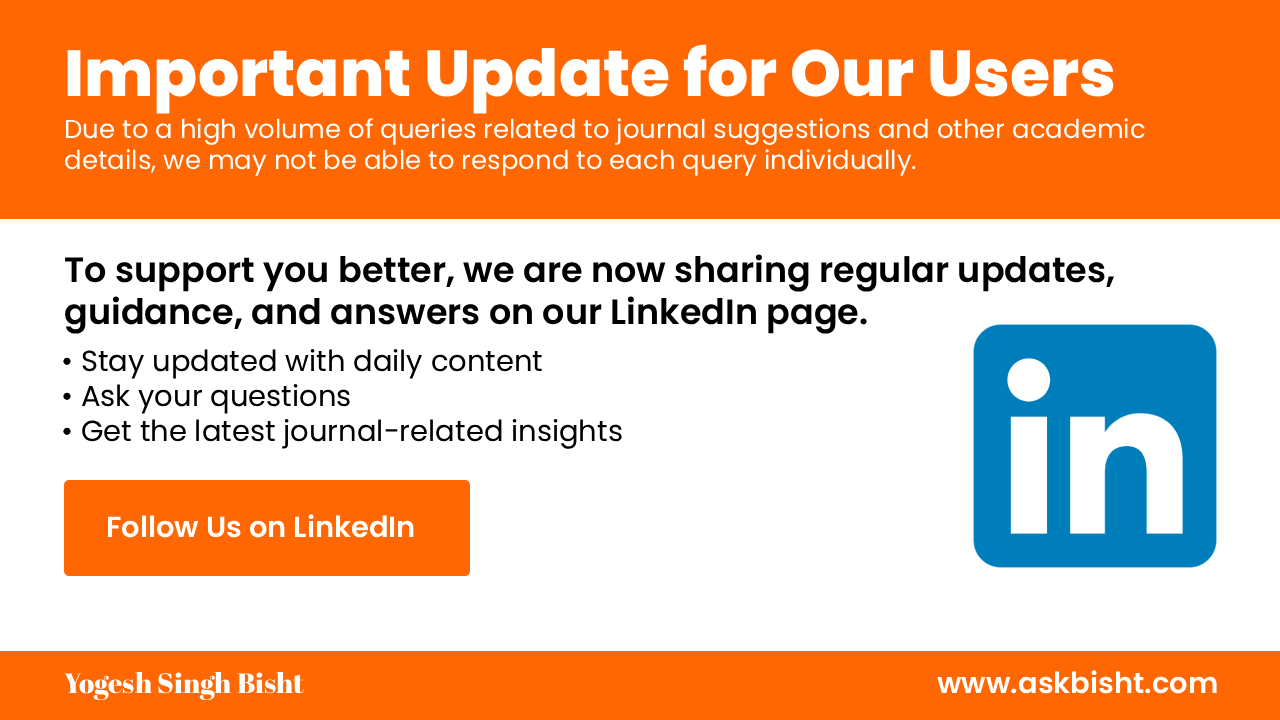Journal of Psychotherapy Integration
Published by American Psychological Association (Journal Finder)
ISSN : 1053-0479
Abbreviation : J. Psychother. Integr.
Aims & Scope
Journal of Psychotherapy Integration primarily publishes original peer-reviewed papers consistent with five major pathways associated with psychotherapy integration: common factors (core elements to effective psychotherapy that transcend a specific orientation)technical eclecticism (application of the best treatment for a specific population and problem)theoretical integration (combining two or more theories and their associated techniques)assimilative integration (theoretical grounding in a single orientation with value added techniques drawn from other orientations)unification (meta-theoretical approaches that place theories, techniques, and principles into holistic frameworks) Empirical studies of integrative psychotherapies targeting specific populations, clinical presentations/disorders, settings (e.g., integrated primary care), or developments in the broader fields of psychology and psychiatry (e.g., psychobiology) are also strongly encouraged.
View Aims & ScopeMetrics & Ranking
Impact Factor
| Year | Value |
|---|---|
| 2025 | 1.7 |
Journal Rank
| Year | Value |
|---|---|
| 2024 | 8173 |
Journal Citation Indicator
| Year | Value |
|---|---|
| 2024 | 198 |
SJR (SCImago Journal Rank)
| Year | Value |
|---|---|
| 2024 | 0.695 |
Quartile
| Year | Value |
|---|---|
| 2024 | Q2 |
h-index
| Year | Value |
|---|---|
| 2024 | 46 |
Impact Factor Trend
Abstracting & Indexing
Journal is indexed in leading academic databases, ensuring global visibility and accessibility of our peer-reviewed research.
Subjects & Keywords
Journal’s research areas, covering key disciplines and specialized sub-topics in Medicine and Psychology, designed to support cutting-edge academic discovery.
Most Cited Articles
The Most Cited Articles section features the journal's most impactful research, based on citation counts. These articles have been referenced frequently by other researchers, indicating their significant contribution to their respective fields.
-
On psychological growth and vulnerability: Basic psychological need satisfaction and need frustration as a unifying principle.
Citation: 1401
Authors: Maarten, Richard M.
-
Psychotherapists’ attitudes toward online therapy during the COVID-19 pandemic.
Citation: 233
Authors: Vera, Katie
-
Therapeutic presence: Neurophysiological mechanisms mediating feeling safe in therapeutic relationships.
Citation: 176
Authors: Shari M., Stephen W.
-
A treatment by disorder meta-analysis of dropout from psychotherapy.
Citation: 144
Authors: Joshua K., Roger P.
-
The Relationships Between Hope and Outcomes at the Pretreatment, Beginning, and Later Phases of Psychotherapy.
Citation: 110
Authors: Lori M., C. R., Jen, Lorraine, Julie, Pamela, Nicole
-
Integrating an emotion-focused approach to treatment into psychotherapy integration.
Citation: 99
Authors: Leslie S.
-
Nonverbal synchrony: A new approach to better understand psychotherapeutic processes and drop-out.
Citation: 98
Authors: Jane, Anne-Katharina, Fabian, Wolfgang, Kaitlyn, Julian, Wolfgang
-
Recommendations for policy and practice of telepsychotherapy and e-mental health in Europe and beyond.
Citation: 93
Authors: Tom, Maria, Angelos P., Angelo, Lise, João, David D., Glauco, Sylvie, Eva, Nele A. J.
